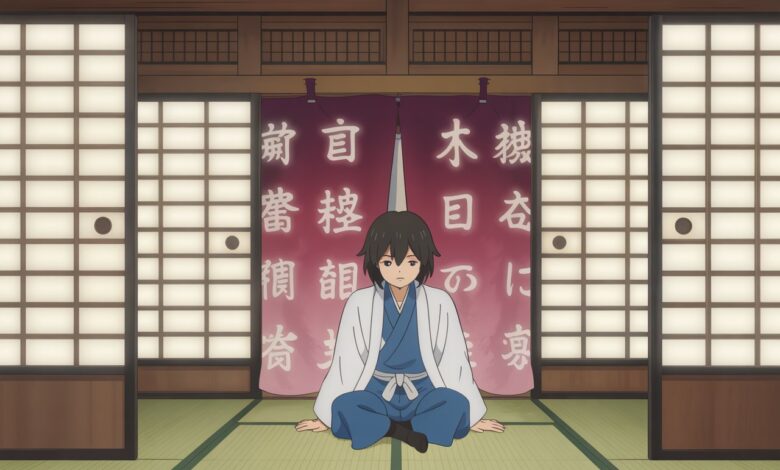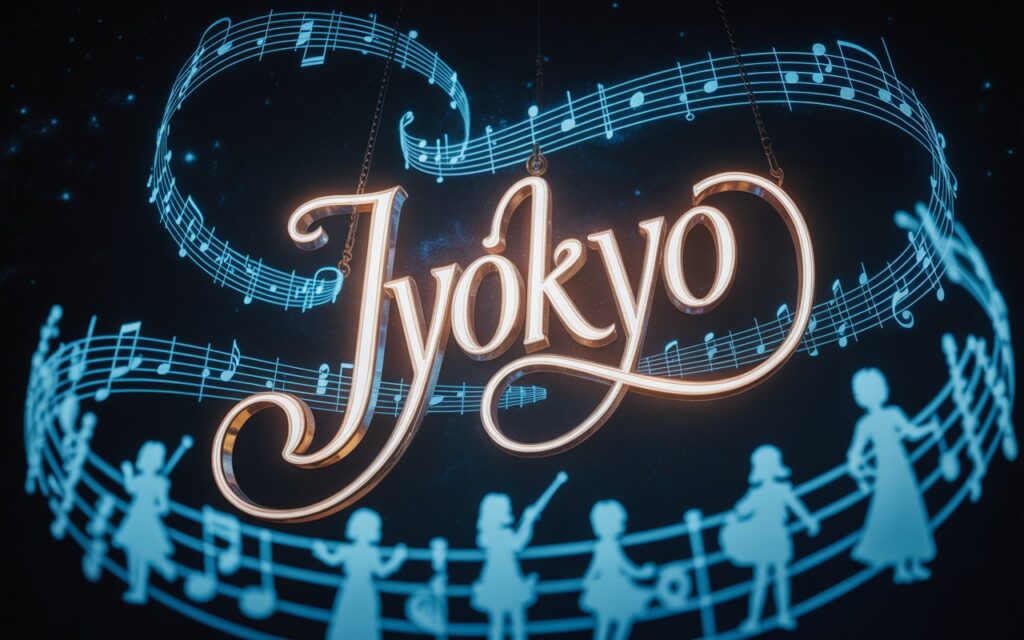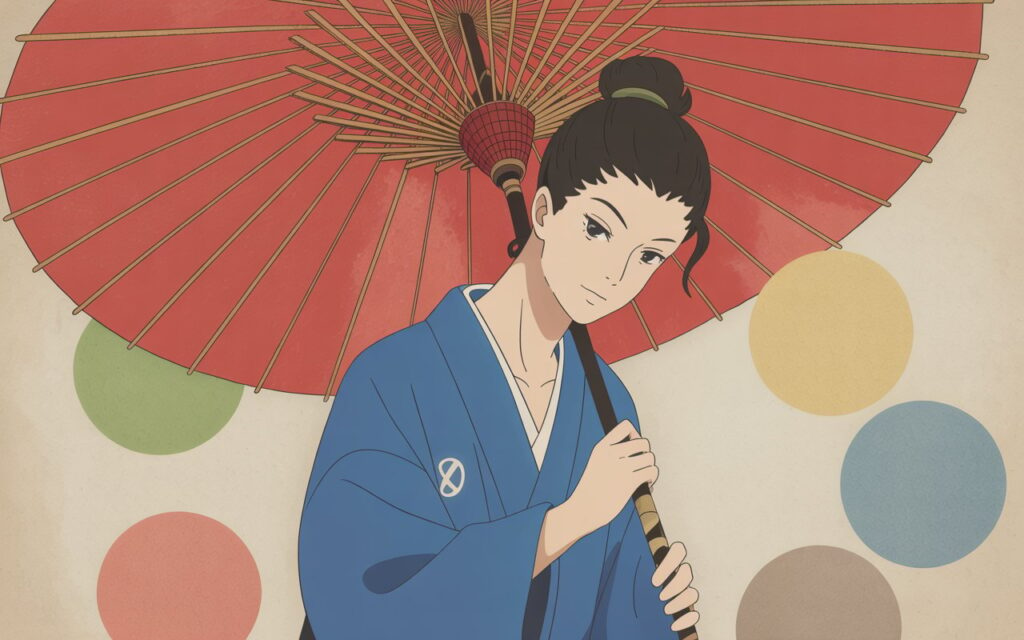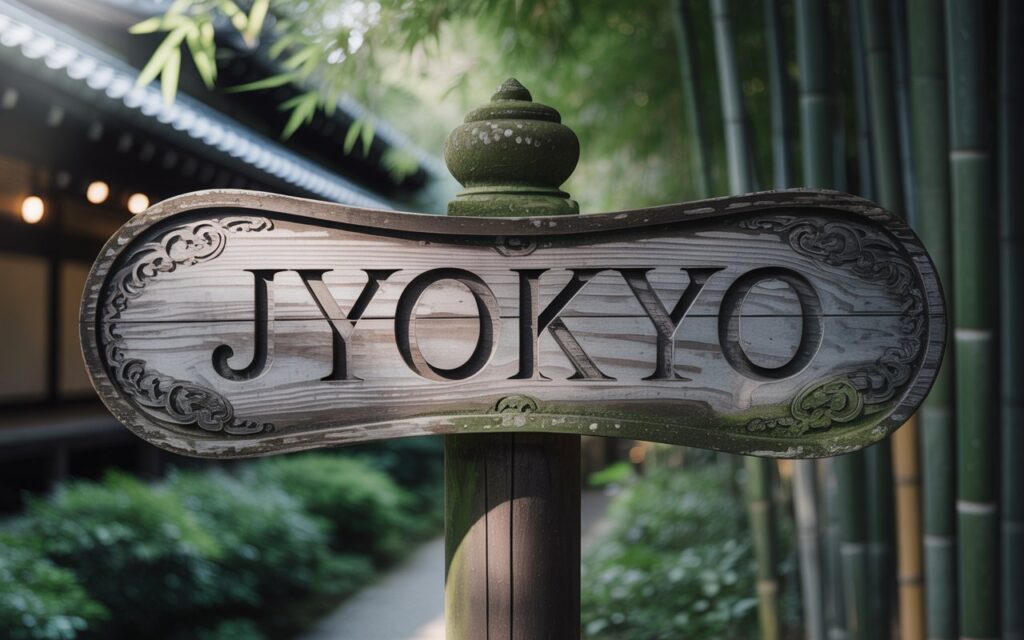Understanding Jyokyo: The Meaning Behind the Word

What Does Jyokyo Mean?
Have you ever heard the Japanese word jyokyo? At first, it may sound like just another word for “situation” or “circumstance.” But in Japanese, it goes deeper.
Jyokyo (状況) is not only about what is happening. It’s also about how things are happening, why they are happening, and what is surrounding them. It covers the bigger picture. Imagine someone says, “The situation is tough.” In English, that sounds simple. But in Japanese, jyokyo means the conditions, the setting, the context — everything that shapes that moment.
This is why the word is so important in Japanese culture. It’s not just about facts. It’s about understanding the full story around those facts.
Breaking Down the Word

The word jyokyo is made up of two kanji characters. The first one, 状 (jō), means condition or form. The second one, 況 (kyō), means circumstance or situation. When you put them together, you get a word that paints a richer picture than the simple word “situation.”
Think about it like this: if you only look at one piece of a puzzle, you can’t see the whole picture. But when you look at the full puzzle, suddenly everything makes sense. That’s what jyokyo does — it helps you see the full puzzle, not just one piece.
Why Jyokyo Matters in Japanese Culture
In daily life, Japanese people often think about jyokyo before they act or speak. This doesn’t mean overthinking — it means being aware of what’s happening around them.
For example, imagine you are in a meeting. In some cultures, people might say what they think right away. But in Japan, people might first think about the jyokyo — Who is in the room? What is the mood? What is the right timing? This awareness shapes how they speak or behave.
It’s the same in casual life too. When friends are together, they might choose their words based on the jyokyo. This doesn’t mean hiding feelings. It means understanding the atmosphere and respecting it.
Everyday Examples of Jyokyo

Let’s make it even more clear with simple examples.
- Imagine you walk into a room where everyone looks serious. You probably won’t start telling jokes right away. Why? Because the jyokyo doesn’t fit.
- Or think about texting a friend. If they are busy at work, you may wait to share something funny until later. Again, that’s because of the jyokyo.
- Even in music and stories, the word shows up. There’s a song called Jyokyo Gamushara Monogatari that reflects how the situation and the energy around it shape the story.
As you can see, this word isn’t only about language. It’s about being in tune with the world around you.
A Word That Goes Beyond Translation
One of the challenges of jyokyo is that it doesn’t always translate neatly into English. Yes, “situation” or “circumstance” are close, but they miss the depth. Jyokyo carries context, mood, and background all in one.
Think about when you ask a friend, “How’s the situation?” In English, you’re asking about the facts. In Japanese, asking about the jyokyo means you want to know about the whole picture — the conditions, the environment, even the feelings tied to it.
That’s why many people who study Japanese find this word so fascinating. It opens a door to understanding not just the language, but the way people think and connect in Japan.
Jyokyo in Communication
One of the most powerful parts of jyokyo is how it shapes communication. In Japanese culture, people often choose their words carefully. They think about who they are speaking to, where they are, and what the mood is.
For example, if someone is talking to a teacher, they will use polite words. But with close friends, they might use more casual words. This choice is not random — it is based on the jyokyo. It helps keep respect, balance, and harmony in relationships.
Even silence can be a form of communication. Sometimes, saying nothing is the best choice, because the jyokyo says it all. This may feel strange in other cultures, but in Japan, it makes perfect sense.
Jyokyo in Everyday Life
You don’t have to be Japanese to notice jyokyo. We all think about situations without even realizing it.
Imagine you are at work. Your boss looks stressed. Do you ask for a day off at that exact moment? Probably not. You wait until the jyokyo feels better.
Or think about social media. You might not post something funny right after a sad event. Why? Because the jyokyo does not match. In this way, the word connects with all of us, no matter where we live.
Jyokyo in Music and Art

Jyokyo also shows up in creative works. Songs, dramas, and stories often use this word to highlight the mood of a moment. One example is the song Jyokyo Gamushara Monogatari. The title itself mixes “situation” with the idea of rushing forward in life. It shows how the energy of a story is shaped by the situation around it.
Art often teaches us how to feel the jyokyo without even using words. Think about a painting of a quiet street at night. Even without text, you can feel the atmosphere. That is also the power of jyokyo — it goes beyond words.
Why Learning Jyokyo Matters Today
So why should we care about this word in 2025? Because the idea of jyokyo is more useful than ever. Our lives today move fast. We send quick messages, join online meetings, and share moments instantly. But sometimes, we forget to think about the setting, the mood, or the right timing.
By paying attention to the jyokyo, we can connect better with others. We can avoid misunderstandings and show more respect. It reminds us to slow down and notice what is happening around us before we act.
Learning this word also helps us understand Japanese culture on a deeper level. It’s not only about speaking Japanese. It’s about seeing the world through a different lens — one that values awareness and harmony.
Final Thoughts
The word jyokyo may look simple, but it carries a deep meaning. It is more than just “situation.” It is about the bigger picture — the mood, the background, the setting, and the people involved.
By understanding jyokyo, we learn to look beyond just the facts. We learn to notice the atmosphere, respect timing, and connect with others in a better way.
So the next time you face a moment in life, ask yourself: what is the jyokyo here? By thinking this way, you may see things more clearly and act with more wisdom.



